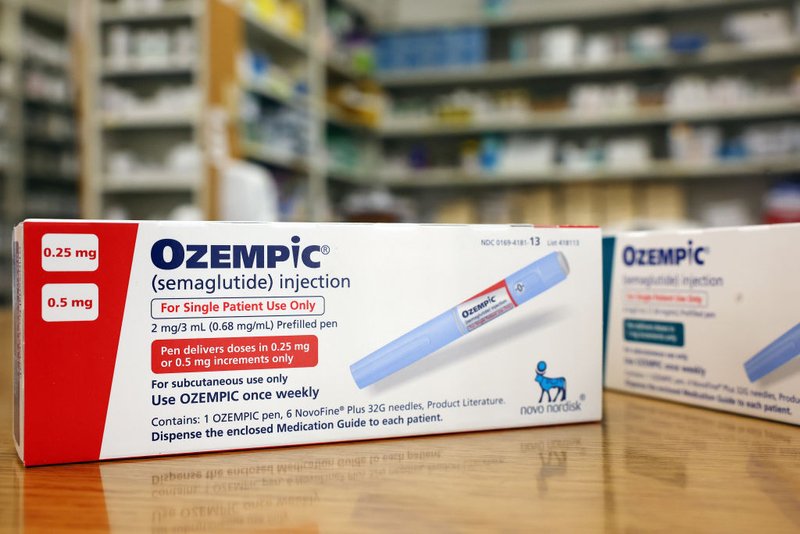DC Bureau
Biden Administration Launches Game-Changing Initiative to Include Weight Loss Medications in Medicare and Medicaid

WASHINGTON — The Biden administration revealed on Tuesday a significant shift in federal policy concerning Medicare and Medicaid, now permitting patients to access anti-obesity medications for long-term weight management.
The proposed rule by the Centers for Medicare and Medicaid Services (CMS) is anticipated to incur around $25 billion for Medicare, coupled with $11 billion in federal costs and an additional $3.8 billion for state Medicaid expenditures over the next decade.
CMS is urging states to submit feedback on the proposed rule, particularly regarding timelines for implementing the Medicaid provision, which involves financial sharing responsibilities between state and federal governments.
Medicare serves as the primary health insurance for individuals aged 65 and older, along with certain younger disabled individuals, while Medicaid supports some low-income individuals.
“People with obesity deserve affordable access to medical treatment, including anti-obesity medications,” stated CMS Administrator Chiquita Brooks-LaSure. This reinterpretation aims to treat obesity as a chronic condition, thereby allowing Medicare and Medicaid to extend coverage for necessary medications.
Brooks-LaSure emphasized that the medical community now widely recognizes obesity as a critical health issue linked to premature death and serious conditions such as heart disease and diabetes. Recent statistics show that over 40% of Americans are affected by obesity, and 22% of Medicare recipients were diagnosed with the condition in 2022, doubling from a decade prior.
Historically, since the inception of the Medicare Part D program, the agency has viewed anti-obesity medications as excluded from coverage. This proposal seeks to revise that interpretation, expanding access to necessary treatments.
As the conversation continues, President-elect Donald Trump has yet to comment on the proposed changes. In contrast, his prospective Health and Human Services secretary nominee, Robert F. Kennedy Jr., has expressed skepticism regarding new weight loss drugs like Ozempic, suggesting alternative solutions such as providing healthy meals to combat obesity.
CMS estimates that approximately 3.4 million Medicare beneficiaries would qualify for medication coverage under this proposed rule if it is finalized by Trump, set to take effect by 2026.
CMS Deputy Administrator Dan Tsai indicated that the agency encourages states to share insights on the implementation timeline for this provision. He stated, “We specifically invite comments on a range of implications and timing for states.”
Disparities exist between CMS’s projected costs and a recent estimate from the Congressional Budget Office (CBO), which suggested a federal expenditure of $35 billion for covering anti-obesity medications from 2026 to 2034. The CBO noted modest projected savings due to improvements in beneficiary health.
While some obesity-related services are currently covered by Medicare, the law restricts coverage for weight management medications within standard benefits. The CBO did not provide an estimate for Medicaid costs but remarked that states have the option to cover these medications.
Only a subset of states currently includes anti-obesity medications like Wegovy in their Medicaid programs, highlighting the fragmented nature of healthcare coverage.
Last updated 9:31 a.m., Nov. 26, 2024


















